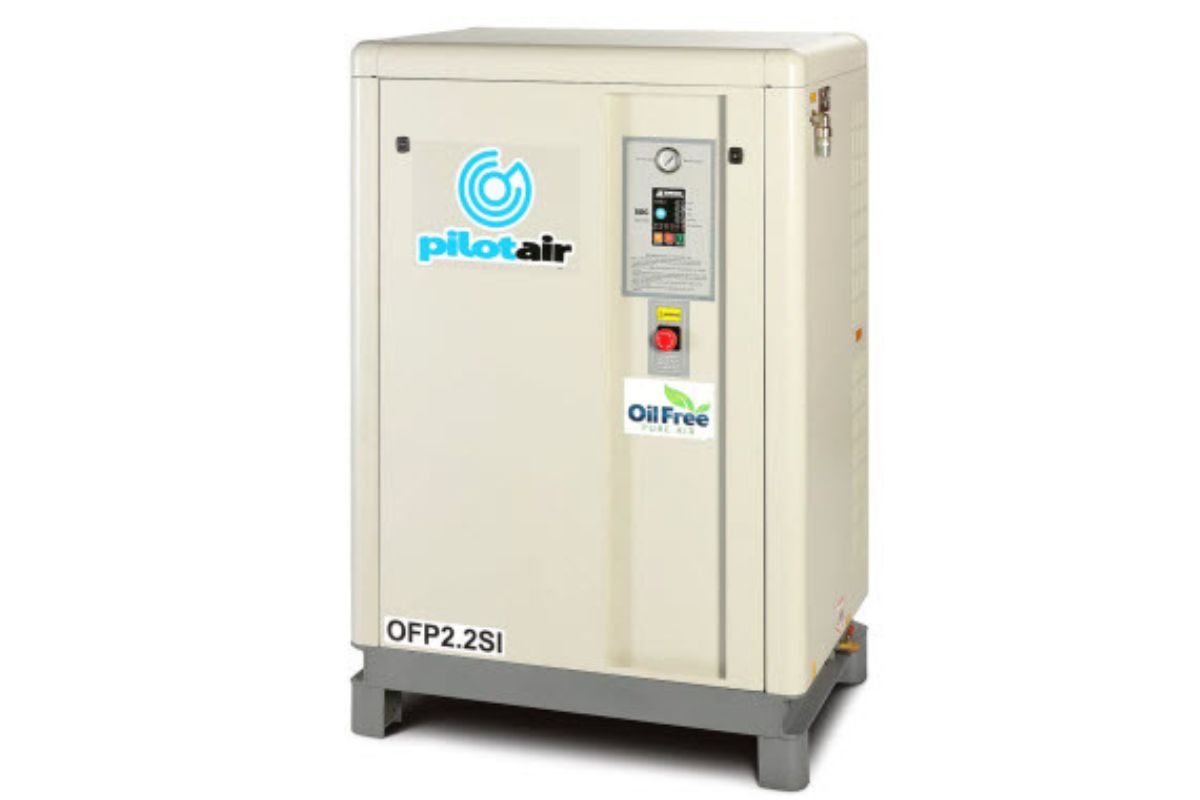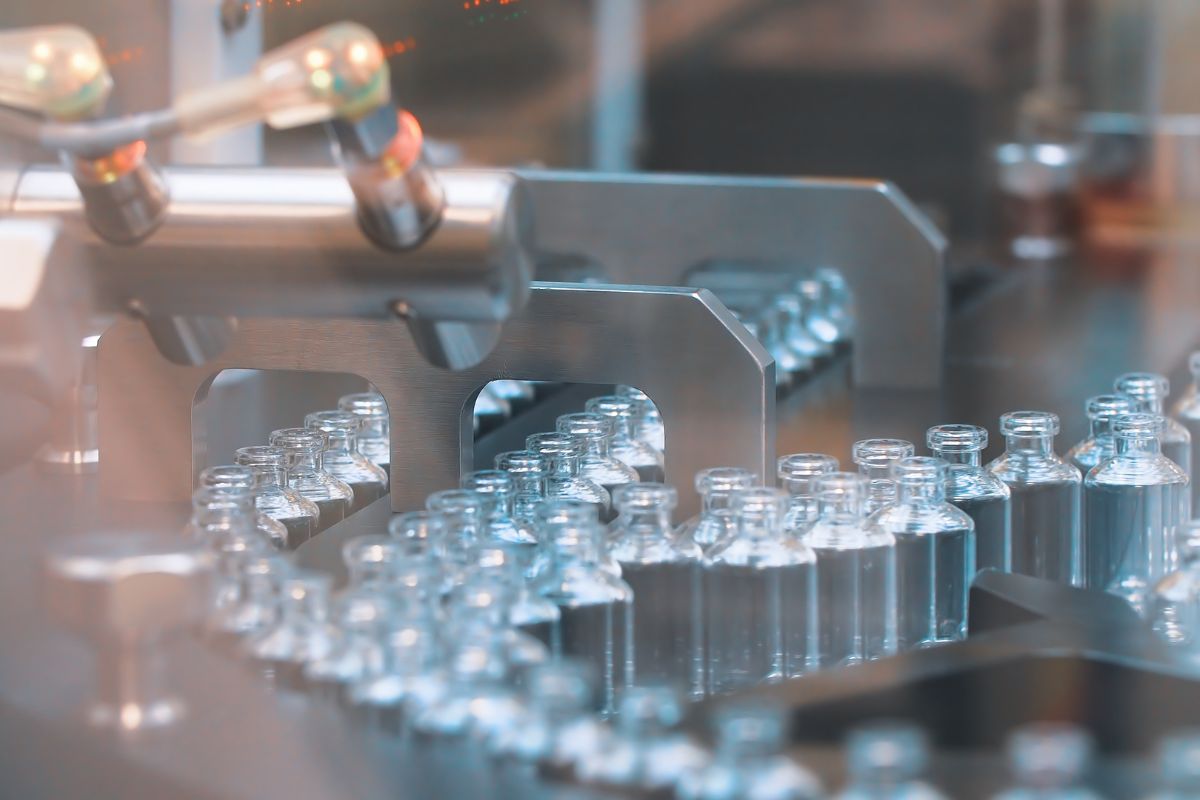
When you’re in the market for an air compressor, you might encounter the terms “oil-free” and “oilless.” At first glance, you might think they’re the same, and they’re often used interchangeably. However, there’s a subtle difference worth noting.
When we talk about oil-free air compressors, there’s no oil in the compression area, but there might be oil in parts like the crankcase or transfer case. Examples of these air compressors are oil-free rotary screws with lubricated driving gears, oil-free reciprocating compressors with a lubricated crankcase, or liquid ring compressors.
Standards say oil-free compressors need a vent to spot malfunctions. If something goes wrong, oil might get into the compression chamber, leading to oil-contaminated air reaching places it shouldn’t. That’s why specific filters, alarms, and other safety features are crucial.
Oil-free compressors also need to monitor hydrocarbons in medical air applications, which can be expensive. Because of this, they’re not often used in medical settings.
On the other hand, oilless compressors are more common in medical air setups. They don’t use oil at all, and with extensive drying and filtering processes, they pretty much eliminate the risk of air contamination.
“Oil-free and oil-less compressors deliver clean, reliable air — essential for industries where purity matters most.”
Let’s talk about oilless compressors.
Oilless compressors have no oil in them—not in the compression area or the drive area. Some use sealed bearings that are lubricated differently.
Oil-less reciprocating technology is an advanced system that provides clean, contaminant-free compressed air. Unlike traditional compressors that use oil for lubrication, oil-less compressors rely on alternative materials and engineering solutions to reduce friction and wear.
This technology makes them ideal for applications requiring high air purity, including the medical, pharmaceutical, and food and beverage industries.
These compressor systems require less maintenance than their oil-lubricated counterparts. Regular oil changes and monitoring of oil levels are not needed, reducing downtime and operational costs.
Key Takeaways
Clear Differences
Oil-free may still use oil in non-compression zones, while oil-less contains no oil at all.
Air Purity Matters
Essential for industries like food, pharmaceuticals, healthcare, and electronics.
Built for Australia
Engineered to perform in heat, humidity, dust, and coastal environments.
Cost vs Maintenance
Oil-less models cost more upfront but save on servicing and contamination risks.
The benefits of oil-free and oilless air compressors

Oil-free or oilless compressors are a better fit for industries requiring ultra-clean air and lower maintenance and offer convenience for lighter, more portable tasks.
These compressors produce air that is free from contaminants, making them ideal for applications such as food and beverage processing, pharmaceuticals, medical and electronics manufacturing. Without oil changes, they require less routine maintenance, which can reduce downtime and operational costs. Eliminating oil reduces the risk of oil spills and contamination, making them more environmentally friendly.
The term “Oil-Free” is the most common and seems to be the standard language when referring to these types of air compressor units. Pilot Airs’ range is technically “oil-less” as no oil exists in the model, making it impossible for oil to enter the compressed air system. As we mentioned at the top, you may encounter an “oil free” model that may use oil in the crankshaft or transfer case and you should check this out with the manufacturer beforehand.
Aside from this very subtle difference, some confusion may result from the use of the hyphen. Oil-Free assumes the machine is free of oil, whereas Oil-Less assumes less oil is required when it is actually oilless, meaning no oil at all.
It is as clear as mud, and it can be put down to a marketing strategy many moons ago, where the term “Oil Free” proved sticker than the more accurate term “Oilless”.
“Trusted by Sydney businesses, Pilot Air provides solutions built for Australia’s toughest industrial environments.”
Personalised service that guarantees results

From the initial consultation to the finished installation, our team is on hand to attend to every detail. You deal with the same person from start to completion, and our account managers and sales team are some of the most experienced and trusted in the industry.
See our complete range of compressed air systems and products and speak to one of our experienced team to customise a silent compressed air solution to meet the needs of today and the demands of tomorrow.


